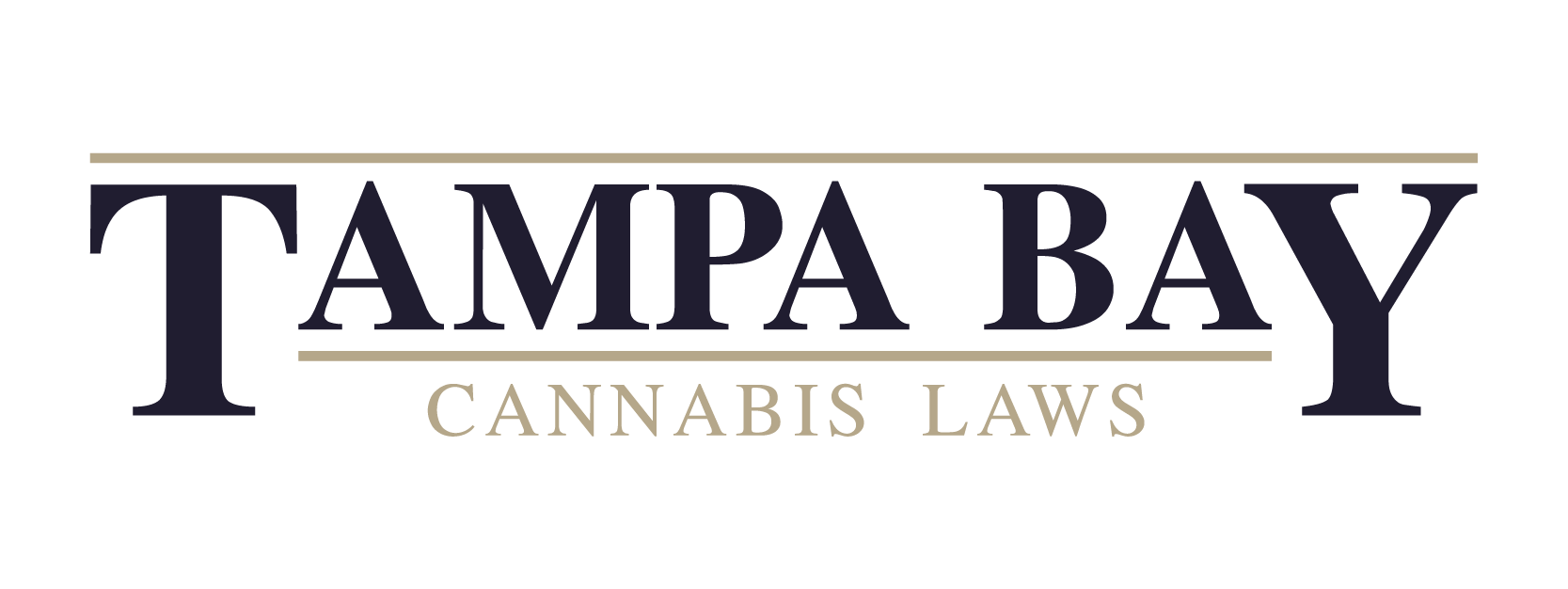Medical cannabis has been legal in Florida since 2016, offering patients with qualifying conditions access to cannabis products for therapeutic use. However, strict regulations govern its consumption to ensure compliance with state laws and maintain public safety. This article outlines the key laws surrounding medical cannabis use in Florida and provides suggestions for safe consumption.
Florida’s Medical Cannabis Laws
Legal Requirements for Medical Cannabis Use
- Qualified Patients: To legally use medical cannabis in Florida, you must:
- Be diagnosed with a qualifying medical condition (e.g., chronic pain, cancer, epilepsy).
- Obtain a certification from a licensed physician registered with the Florida Medical Marijuana Use Registry (MMUR).
- Possess a valid Florida Medical Marijuana ID card issued by the Department of Health.
Learn More: Top Trusted Platforms to Help You Get a Medical Marijuana Card Virtually
- Approved Products: Florida law permits the purchase of medical cannabis in forms such as:
- Flower (for vaporization only)
- Edibles
- Tinctures
- Capsules
- Topicals
- Vaporizable oils
Restrictions on Public Consumption
Florida strictly prohibits the consumption of medical cannabis in public places. This includes:
- Schools and Educational Institutions: Consumption is not allowed on any school grounds, including preschools, colleges, and universities.
- Public Spaces: Parks, beaches, sidewalks, and other publicly accessible areas are off-limits for cannabis use.
- Vehicles: Using cannabis in any motor vehicle, whether you are the driver or a passenger, is illegal.
Designated Consumption Locations
The law permits consumption in private residences or other privately owned spaces where the property owner allows it. However, landlords, employers, and hotels may enforce policies prohibiting cannabis use.
Smokeable Medical Cannabis
Patients are permitted to purchase and use smokeable cannabis flower, but only in private spaces. Smoking cannabis in public or in any place where smoking is generally prohibited under Florida’s Clean Indoor Air Act is illegal.
Suggestions for Safe and Legal Consumption
At Home
The most straightforward and compliant option is consuming medical cannabis at home. This ensures privacy and eliminates the risk of legal issues.
Cannabis Lounges
Although not yet widely available in Florida, some cities are exploring the concept of cannabis consumption lounges. These private spaces, if permitted, could provide a safe and social environment for medical cannabis users.
Outdoor Private Spaces
If you have access to a private backyard or patio, consuming cannabis there is both legal and discreet. Ensure that your use does not create a public nuisance or disturb neighbors.
Private Events
Private cannabis-friendly events can be an option, provided they are held on private property with the property owner’s consent. Always verify the legality of such events beforehand.
Best Practices for Responsible Consumption
- Know Your Limits: Start with low doses, especially if you are new to medical cannabis, to avoid adverse effects.
- Secure Storage: Keep your cannabis products in a secure place away from children and pets.
- Respect Others: Avoid exposing others to cannabis smoke or vapor, especially in shared living spaces.
Penalties for Violations
Violating Florida’s medical cannabis laws can lead to penalties, including fines or revocation of your Medical Marijuana ID card. Public consumption, for instance, may result in misdemeanor charges.
Conclusion
Florida’s medical cannabis program provides patients with valuable therapeutic options, but it is essential to follow the state’s consumption laws. By adhering to regulations and consuming responsibly in private, patients can enjoy the benefits of medical cannabis while staying compliant with the law.
For more detailed information, consult the Florida Department of Health’s Office of Medical Marijuana Use or seek legal guidance for specific questions about medical cannabis use in Florida.
Note: This article is for informational purposes only and should not be considered legal advice.
